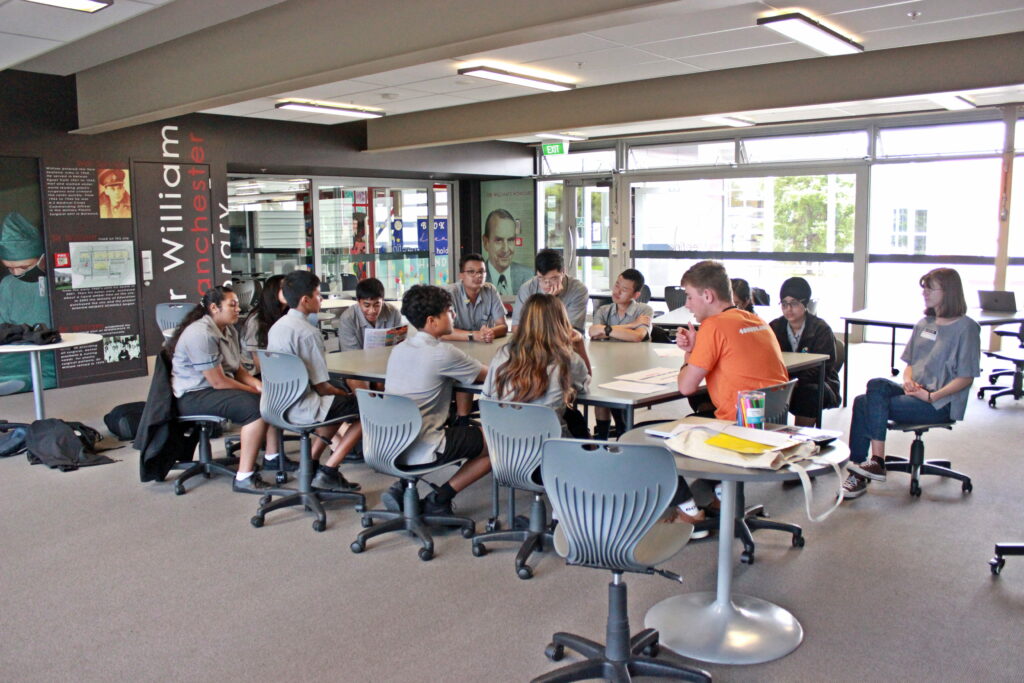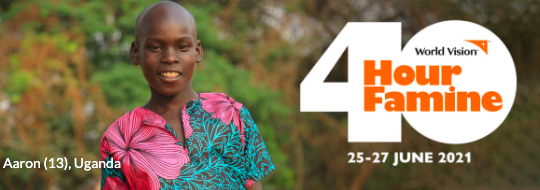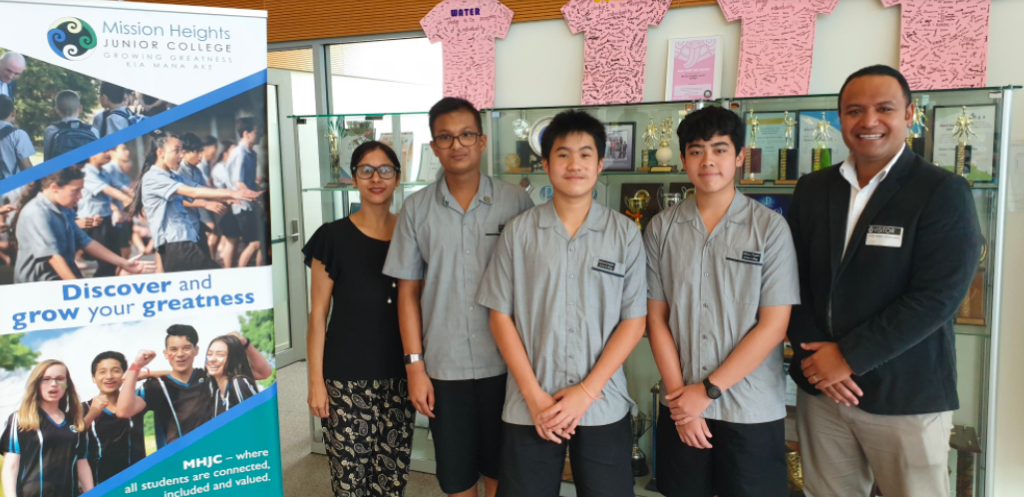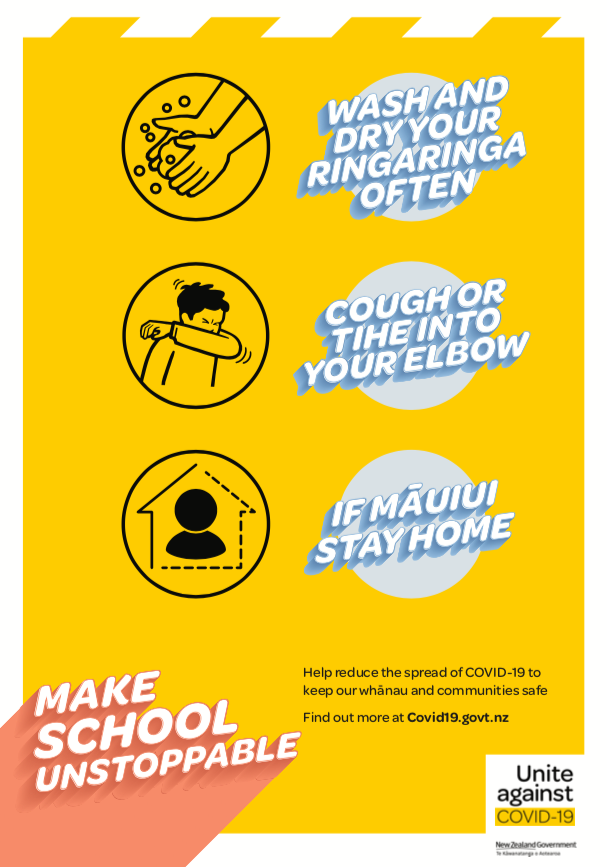I feel it is important for our community to be as well informed as possible about a dangerous new trend which is potentially very harmful to the health of our students. I believe we all need to send the same message to our children to keep them safe as there may be some mixed messages coming from a number of sources which confuse the situation.
In essence while vaping may be a useful, short-term method to stop smoking it is dangerous for young people to try and some students may think that if it is advertised or if it is used for that purpose it is OK or safe for them to use. The short answer is, it is not and a growing number of young people, ironically, are becoming addicted to nicotine after using e-cigarettes.
Vaping (and smoking) is not permitted in schools in New Zealand. The school views vaping in a negative light and deals with students who bring a vaping device to school severely as it may cause a risk to other students’ health and safety.
Please ensure if you, or members of your household use e-cigarettes that your children get a clear message of the risks of using them and cannot have access to them.
Here is a simple message from the Ministry of Health website:
Children, young people and non-smokers should not vape (use e-cigarettes)
- people who do not smoke should not vape
- vaping products are not risk-free
- the long-term health effects of vaping are unknown
- vaping products contain nicotine which is highly addictive.
More detailed information can be found from an article published online from the John Hopkins Medicine website entitled “5 Vaping Facts You Need to Know” by Michael Blaha.
1: Vaping Is Less Harmful Than Smoking, but It’s Still Not Safe
Electronic cigarettes (e-cigarettes, vape pens, and other vaping devices) are being used by adults who are trying to give up smoking. However e-cigarettes contain nicotine, flavourings and other chemicals, many of which are toxic. Vaping products may also be modified to contain tetrahydrocannabinol (THC) which is the harmful ingredient in marijuana.
2: Research Suggests Vaping Is Bad for Your Heart and Lungs
Nicotine is the primary agent in both regular cigarettes and e-cigarettes, and it is highly addictive. It causes you to crave a smoke and suffer withdrawal symptoms if you ignore the craving. Nicotine is also a toxic substance. It raises your blood pressure and spikes your adrenaline, which increases your heart rate and the likelihood of having a heart attack.
In addition many of the chemicals used in e-cigarettes have not been tested properly yet to understand their long term effect or damage.
3: Electronic Cigarettes Are Just As Addictive As Traditional Ones
Both e-cigarettes and regular cigarettes contain nicotine, which research suggests may be as addictive as heroin and cocaine. What’s worse, says Blaha, many e-cigarette users get even more nicotine than they would from a tobacco product — you can buy extra-strength cartridges, which have a higher concentration of nicotine, or you can increase the e-cigarette’s voltage to get a greater “hit” of the substance.
4: Electronic Cigarettes Aren’t the Best Smoking Cessation Tool
Although they’ve been marketed as an aid to help you quit smoking, e-cigarettes have not received Food and Drug Administration approval as smoking cessation devices. A recent study found that most people who intended to use e-cigarettes to kick the nicotine habit ended up continuing to smoke both traditional and e-cigarettes.
5: A New Generation Is Getting Hooked on Nicotine
“What I find most concerning about the rise of vaping is that people who would’ve never smoked otherwise, especially youth, are taking up the habit,” says Blaha. “It’s one thing if you convert from cigarette smoking to vaping. It’s quite another thing to start up nicotine use with vaping. And, it often leads to using traditional tobacco products down the road.”
I trust this information will help you to address this potentially dangerous and harmful issue. A similar message will be provided to our students by Whānau Leaders and the topic will be addressed in our Health and PE classes as it can affect students’ hauora.
Kia kaha
Ian Morrison
Principal










